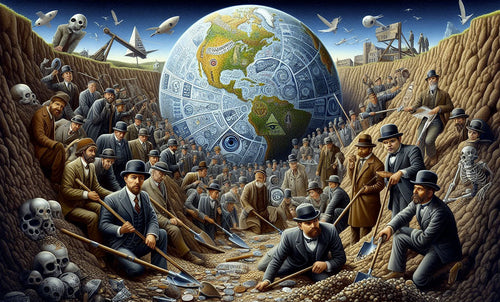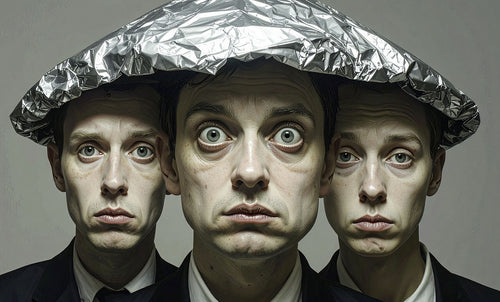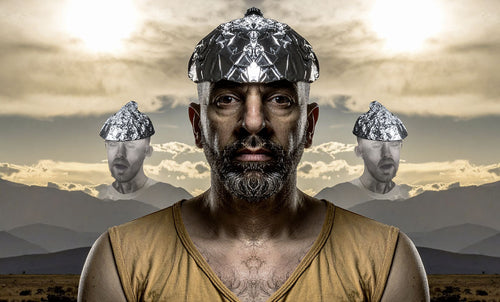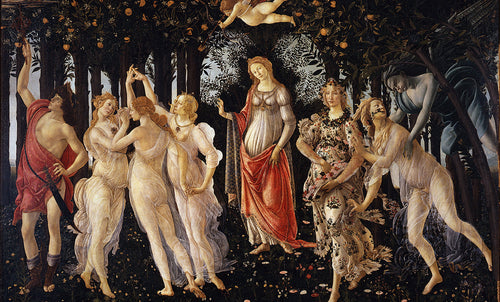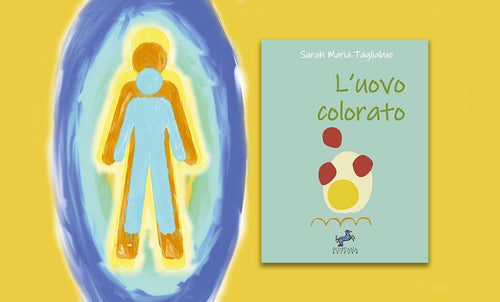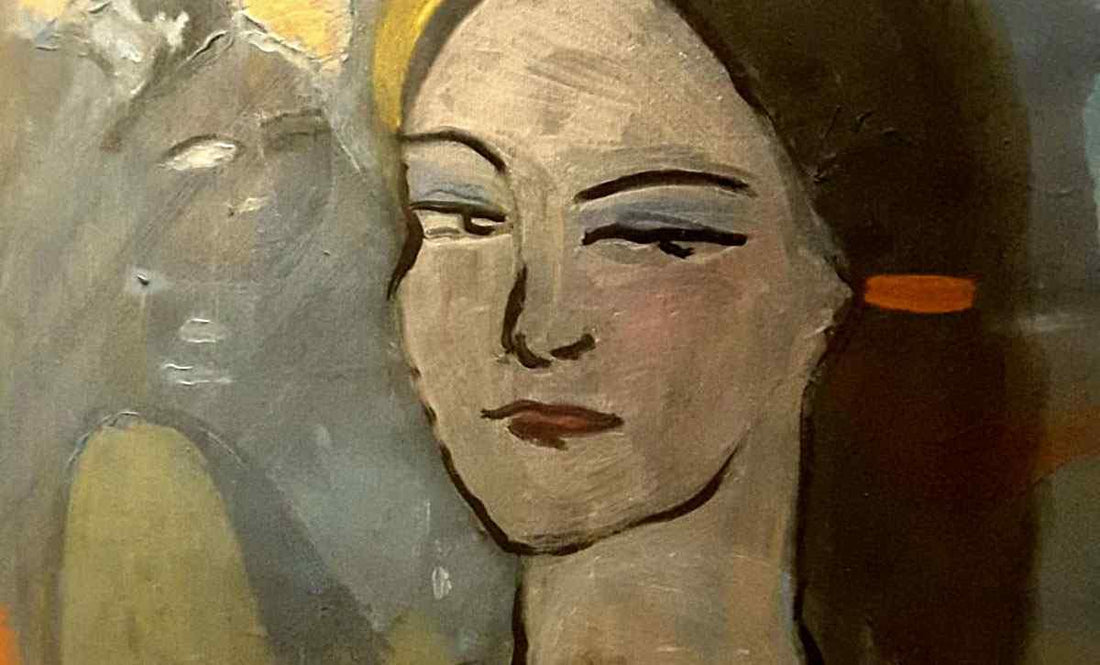
Madness and Spiritual Development 1
Paola Marchi
Dealing with the theme of the link between madness and spiritual development is equivalent to tackling a theme as old as man himself, which, in this historical moment that humanity is going through, takes on dramatically urgent characteristics.
The theme of madness is in fact linked to the vision that psychiatry offers, relegating its manifestation in the spiritual sphere to a restricted and difficult to approach role.
Madness concerns everything that goes beyond a vaguely defined concept of "normality" that pertains to a vision of life that some define as "bourgeois" , a vision that has constituted the supporting structure of a society that has now definitively changed.
Until the last century, in fact, a social structure rigidly caged in formulas generally accepted as right and normal, guaranteed a semblance of order. Today all this has collapsed. Today's society presents all the symptoms of decadence and confusion that every single human being experiences in his own interiority, whether he is aware of it or not.
This article, far from wanting to unravel the tangle of wool that this topic represents, is intended as a small contribution in the hope of being able to offer useful food for thought to those who, reading it, feel some inner chord resonate.
The psychoanalyst Roberto Assagioli , in 1933, approached from a scientific point of view, the symptomatology linked to spiritual development . He was not the only one, just think of the contribution left by the work of Carl Gustav Jung for example, a contribution that has the great merit of having opened to a broader vision of the psyche, a vision that necessarily coincided with the recognition of dimensions of existence that cannot be relegated to a pathological sphere.
This is not to say that every madman is a mystic and every mystic is a madman, but rather to highlight the widespread tendency to tar everyone with the same brush, a tendency that arises from profound ignorance of everything that urgently needs to be rediscovered and cultivated.
Spiritual development , in fact, presupposes the activation of faculties that ordinarily remain dormant and this activation, also called awakening, always involves great difficulties in those who experience it.
Real changes necessarily involve disturbances at both a neuropsychological and physical level. If, as Tesla said, reality was observed in terms of energy and vibration, everything would become much simpler to understand.
Quantum physics has now come to explain that matter has various levels of manifestation, from the grossest to the most subtle and has thus built a bridge between a scientific and a mystical approach to the spiritual question.
We must start from the assumption that everything is energy and we are part of it. Our physical body is a casing that contains part of this energy, but around it, invisible to the eyes, there are many other energetic layers that concern us and that constitute our "energetic casing". The more we experience the reality of this fact, the more we come to understand certain dynamics that pass through us and that we often suffer to our disadvantage.
We hear a lot about "awakening consciousness" and we witness the proliferation of internships or courses to obtain it, as if it were enough to take a course to discover who we are. In reality, what I think would be useful is to provide the tools needed to deal with changes that once could concern a limited number of individuals and that today instead spontaneously concern an increasingly large portion of the population. This happens because we find ourselves living in a time of great energetic accelerations, of which we know nothing or almost nothing, but which concern us all in a direct and profound way.

Madness and spiritual development are relevant only from the point of view of a superficial and partial observation. The symptoms connected to spiritual development in fact, require an approach that includes deep listening and empathy first and foremost. The pharmacological intervention to any symptoms, even important ones, that may arise, is the wrong and negative response that derives from a lack of resources and from a non-acceptance of the limits that the medical vision presents in front of certain issues. In fact, the drug, whether psychotropic or not, has the purpose of suffocating the manifestation of the process in progress, putting a block and preventing the process itself from taking place.
Spiritual development must be understood as a slow and demanding process of transmutation, a process that inevitably leads to a profound change in the subject who experiences it. It is a period of transition in which the old is slowly abandoned and the new has yet to be reached. It is normal that this leads to imbalances, crises and disorders such as nervous breakdowns, restlessness and irritability. The person who goes through it, in fact, must continue to fulfill his/her daily commitments, trying as much as possible to conceal the changes that occur in him/her also because, when a person changes, he/she is generally not accepted by those who do not change.
Paola Marchi

